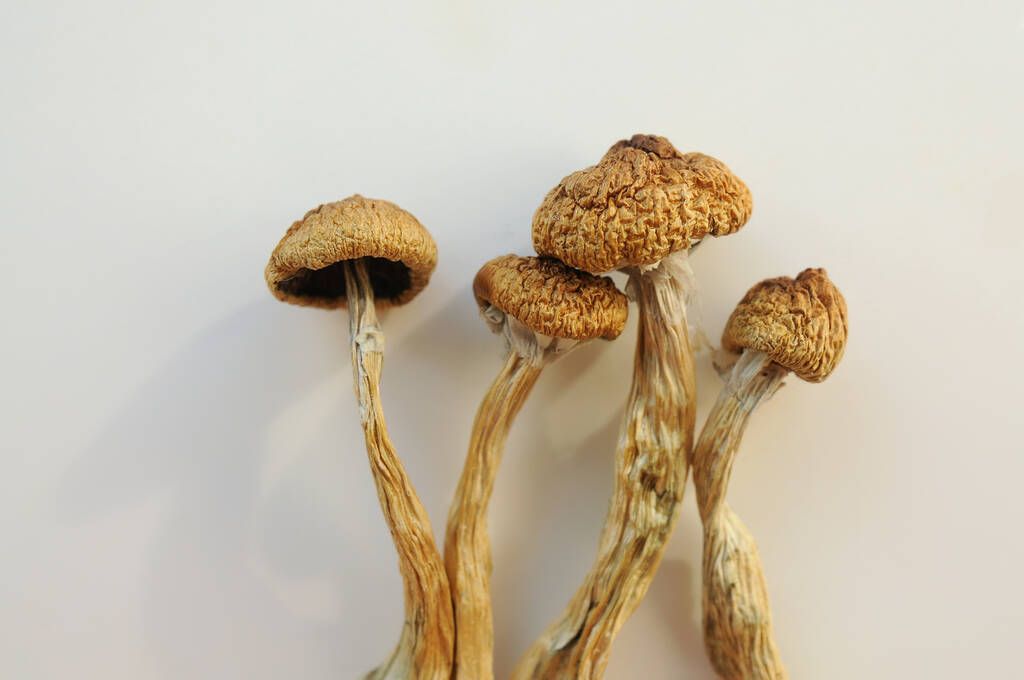A new study conducted by researchers at the University of California has found that psilocybin therapy may be a safe and acceptable treatment option for women with anorexia nervosa (AN).

Dried psilocybin.
Published in the journal Focus: American Psychiatric Association Publishing, the study represents a significant step in exploring new treatments for this challenging and often deadly disorder.
Anorexia nervosa is a serious mental illness characterized by restrictive eating and an intense fear of gaining weight. There are currently no FDA-approved medications to treat the core symptoms of AN, making the search for effective therapies critical. This open-label feasibility study involved 10 adult female participants who met the Diagnostic and Statistical Manual of Mental Disorders, Fifth Edition (DSM-5) criteria for AN or partial remission (pAN).
Participants received a single 25-mg dose of synthetic psilocybin, a psychedelic compound, along with psychological support. The primary aim was to assess the safety, tolerability, and feasibility of the treatment by monitoring adverse events (AEs) and changes in vital signs, electrocardiograms (ECG), and laboratory tests.
The study found no clinically significant changes in ECG, vital signs, or suicidality. While two participants experienced asymptomatic hypoglycemia post-treatment, it resolved within 24 hours. All other adverse events were mild and transient, indicating that the treatment was generally well-tolerated.
“Participants’ qualitative perceptions suggest that the treatment was acceptable for most participants,” the study noted, highlighting a positive reception to the therapy.
The study concludes:
Recent strides in utilizing psilocybin for the treatment of neuropsychiatric disorders exhibit considerable promise. Psilocybin holds potential for conferring distinctive advantages in terms of neuroprotection and cognitive enhancement for individuals with Alzheimer’s disease (AD) through mechanisms such as neuroplasticity, inflammation regulation, and enhanced neuropsychology. Furthermore, the antidepressant and anti-anxiety effects of psilocybin may signify substantial advancements in addressing the mental well-being of patients with neuropsychiatric conditions associated with AD. Nonetheless, it is imperative to recognize that a substantial journey lies ahead before psilocybin can be judiciously and efficaciously employed in AD patient care. Stringent scientific inquiry is indispensable to comprehensively discern its efficacy, safety profile, and optimal utilization. Further exploration is warranted to elucidate the precise mechanisms of action of psilocybin. Moreover, the viability of alternative strategies, including combination therapies involving psilocybin, the development of high-affinity TrkB positive allosteric modulators without 5-HT2A activity, and modification of psilocybin’s chemical composition to obviate hallucinogenic effects, necessitates investigation. Additionally, regulatory approvals and ethical considerations demand meticulous attention prior to embarking on clinical trials. Prudent development of psilocybin-based treatments for AD mandates adherence to rigorous scientific standards and ethical guidelines.







